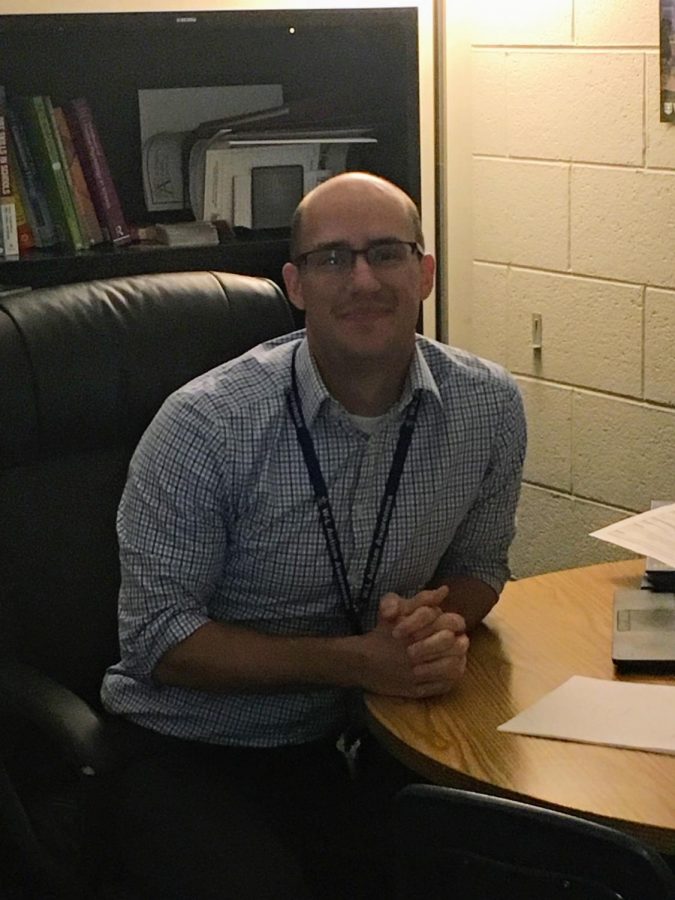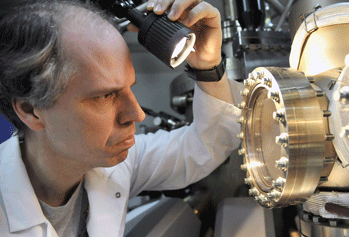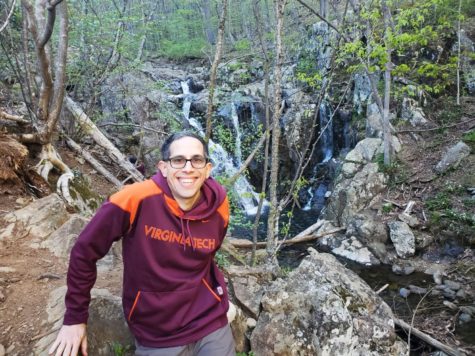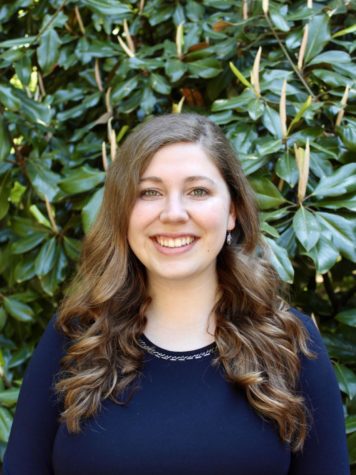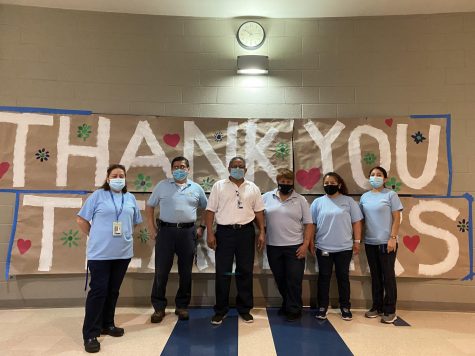Get Your Head (Back) in the Game
“Sup man?” Dr. Siddall asks a student who is leaning in the doorway of his office.
The boy asks, “You got candy?”
Siddall laughs, rolls his eyes, and grabs the bowl on his desk filled with M&Ms, Snickers, Butterfingers, and other various sweets. “Yeah.”
The student waves with a smile and then takes his candy and leaves.
“One of my players,” Dr. Siddall explains, “Alright, I’ll see ya later, Kevin.”
Kevin turns back and waves at Dr. Siddall. The smile hasn’t left Kevin’s face.
Today’s student-athletes, especially boys, see a lot of media that shows a stereotype of the
buff, popular, jock. Sports are not looked at the same way that they once were. If one searches “does playing a sport” on Google, the second suggestion is “does playing a sport look good for college”. School Psychologist Dr. James Siddall wants to combat these potentially unhealthy ideas and images.
Dr. Siddall knew he wanted to be a psychologist his junior year of high school. He was
playing football that year. However, it wasn’t the only thing he was participating in.
“We warmed up for our rivalry game, and then I had to take my helmet off and go to the center field, and sing the national anthem with my acapella group, before putting my helmet back on and playing a game,” Siddall said about his high school experience. “That’s not something people would think of as stereotypical.”
Dr. Siddall is an assistant coach for the freshman football team. He has a deep-rooted rugby background and is using that history to teach his players how to tackle effectively while reducing the danger of head injury as much as possible. When he is not protecting his players heads on the field, he is protecting students’ heads at school.
“As a school psychologist, I do a number of different things. I work with students
who may be experiencing any kind of mental health concerns or issues that come up, Dr. Siddall said. “A big part of my job is working with students who have disabilities. As part of that job, I see some students regularly, especially if there are social-emotional things, like if there’s depression or anxiety, things like that, I’ll work with them kinda one on one sometimes.”
By day, he coaches students so they can better maintain their mental health. By night, he counsels athletes by giving them conditioning exercises and running drills. Psychology and football are two very different aspects of high school life, but Dr. Siddall wants to show that maybe they are not so different after all.
“There’s a lot of ways that our mental health and our physical health are linked, and the
more research we have that’s coming out right now the more that’s becoming widely acknowledged,” Dr. Siddall said. “In addition to that, sports really provides an opportunity for socializing, for building networks and communities that can help you out. I mean when I was in South Carolina in grad school and playing rugby, my rugby team was my support network. So when I moved, my buddy would show up with his truck and help me move my stuff!”
Those networks and connections are something Dr. Siddall wanted to help kids form, and they are also something he wanted to form with players and other students alike.
“Because a lot of what I do here is confidential, if I see a student in the hallway I may not say ‘Hi’ to them, because it’s confidential that we know each other,” Dr. Siddall said. “[I participated in football with] part of my hope being that that way [students] know me well enough that if there are issues that come up, if there are things, if they are concerned about something, if their friends are concerned about something, then they feel comfortable with me enough to come to my door and say, ‘Hey, could you help me with this?’.”
Dr. Siddall is still in contact with most of the friends with whom he played sports in high
school and college. He began doing psychological research his freshman year of college, but he played rugby at that time. He still had time for his team, for his friends. He grew up in a time when sports were just sports. Away from social media and seemingly inaccessible college plans, sports were a way to ground yourself, find your people, and stay mentally and physically healthy. Dr. Siddall wants the sport to return to that, and he’s helping students along the way.


